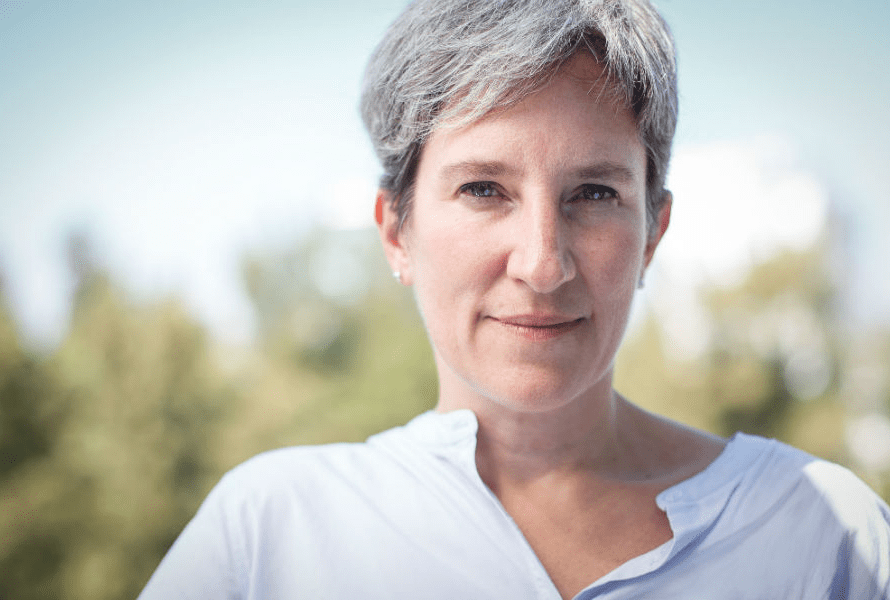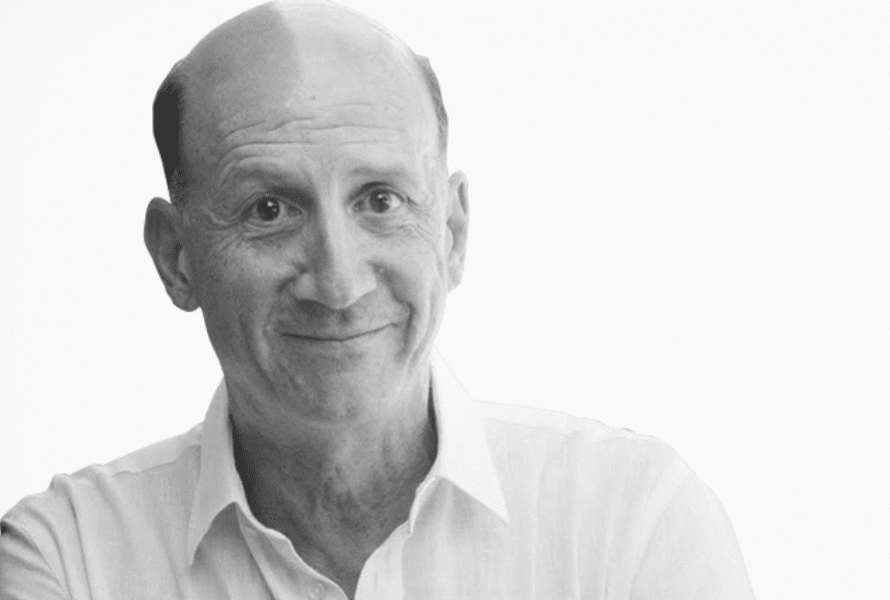Poet and novelist Jennifer Clement leads our 2024 poetry master class and coaches writers with fiction and memoir manuscripts. Enjoy a glimpse of how her literary mind works in this exclusive interview with Under the Volcano.

What books are you currently reading?
Because I’ve been working on my memoir, The Promised Party, I’ve been reading Nabokov’s Speak, Memory and Tolstoy’s Childhood, Boyhood, Youth. Since writing my earlier memoir Widow Basquiat, I’ve been interested in memory. I think of a memoir as being a fragmentary whole, closer to poetry and dreams, and very much not a novel. Boris Pasternak spoke to this in his short memoir Safe Conduct, “I am not writing my biography (…) I believe only the hero merits the actual account of his life, whereas the story of a poet is utterly inconceivable in such form”. This idea is also sustained in my reading of Octavio Paz’s memoir, written in verse, Pasado en claro (The Clear Past) as well as T.S. Eliot’s ideas on the fragmentary in his essay on the metaphysical poets. Eliot wrote, “When a poet’s mind is perfectly equipped for its work, it is constantly amalgamating disparate experience; the ordinary man’s experience is chaotic, irregular, fragmentary. The latter falls in love, or reads Spinoza, and these two experiences have nothing to do with each other, or with the noise of the typewriter or the smell of cooking; in the mind of the poet these experiences are always forming new wholes.”
What books do you return to over time and why?
I never have Zora Neale Hurston, Emily Bronte or Juan Rulfo far away from me, especially if I feel blocked. If I read a few pages I become inspired by their honesty and passion. None of them were looking for perfection. In fact, the freedom within the imperfection is even what excites me.
In terms of poetry, I always turn to Mexico’s great poet from the 1600s, Sor Juana Inés de La Cruz, the King James Bible, John Donne, and Philip Larkin. I love the verses of the Turkish poet Nazim Hikmet. In Mexico, I closely follow the work of my contemporary poet Luis Miguel Aguilar. Another contemporary writer I admire is Kirsty Gunn. Her novel The Big Music is a masterpiece—the bagpipe music can be heard in the prose.
Which three writers, dead or alive, would you like to have coffee or drinks with?
First of all, this is a question most writers hate. It’s like being asked your favorite color. Among many, William Shakespeare and Emily Bronte. I know this is a cliché in so many ways but no matter. I’d like to ask Shakespeare about his knowledge of law. I’d like to ask Emily Bronte if she ever loved a man. I’d like to walk in a forest with Richard Powers because trees are almost what I love most. I always want to have drinks and coffee with Angie Cruz, author of the beautiful novel Dominicana.
Do you have a secondary passion or talent apart from writing that might surprise people to know about?
I work with clay. I just had an exhibition at the Claustro de Sor Juana Museum in Mexico City of my 93 bottles for tears. Each bottle represents a writer who has been jailed, exiled or killed for their words. I love to dance and swim.
What was your moment of greatest despair as a writer and how did you get out of it?
I have not had great despair as a writer, not because of success or lack of it, but because it´s only been a very quiet, lonely, personal voyage. It’s a world that is closer to my dreams than to my waking hours. The love of words and reading and writing poetry began when I was very young, so when I work, I go to a place that somehow belongs to my childhood.
If you could offer three tips to writers, what would they be?
I only have two tips: Write for the book and only serve the book. My third tip might be based on something Doris Lessing wrote, which my son quoted to me but which we now cannot find. She said to write for one hundred years from now. This gives you an interior freedom beyond today.



